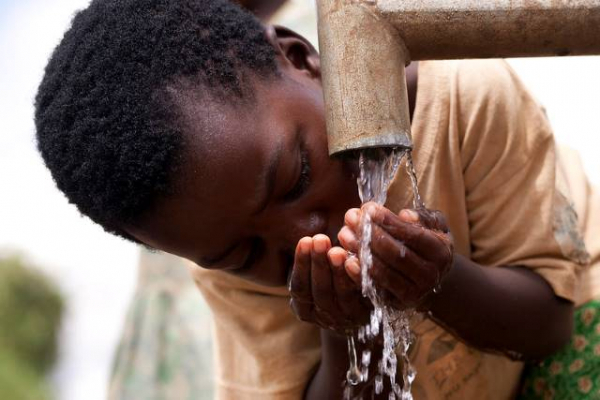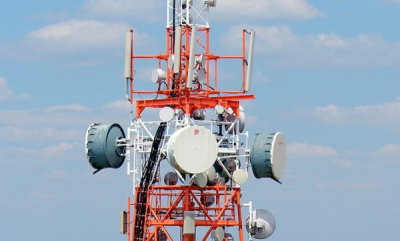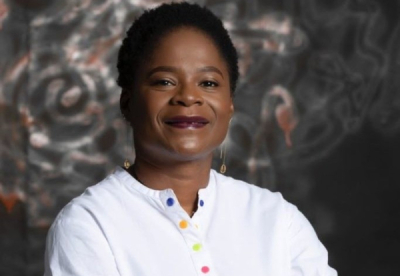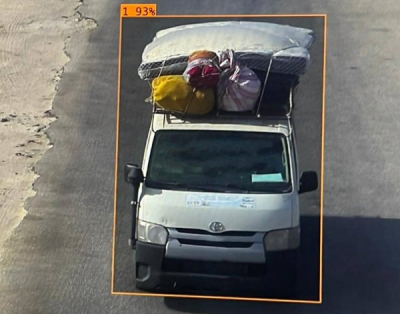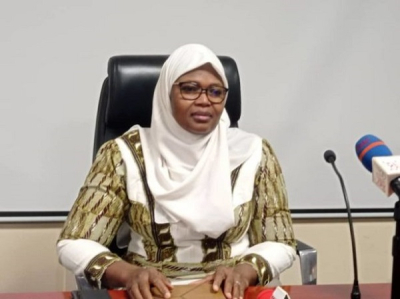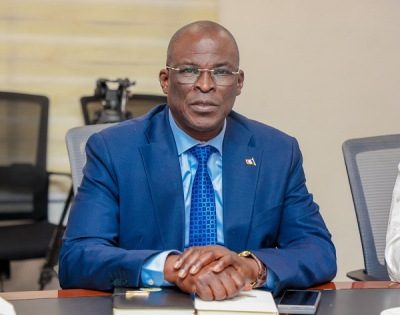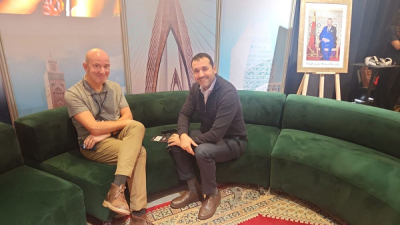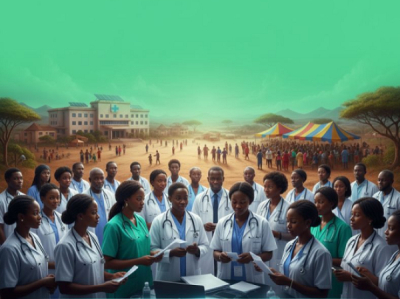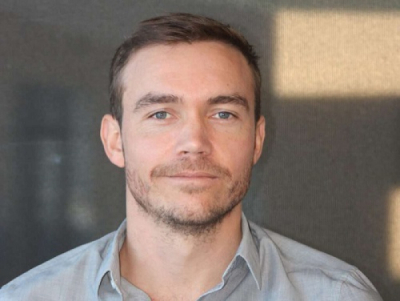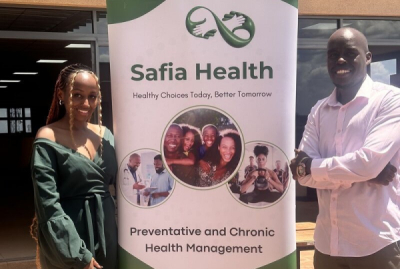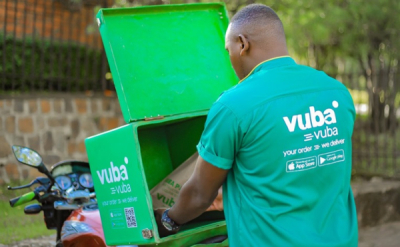Water scarcity affects 40% of the world's population. To address the situation, the United Nations Office for Outer Space Affairs developed the World Hydrological Cycle Observing System (WHYCOS), which uses satellite technology to improve “basic observation activities,” strengthen international cooperation and promote free data exchange in the hydrogeology sector.
Ghana will use space technology to monitor and protect its water resources. The plan was announced by Ghanaian vice-president Mahamudu Bawumia, last Thursday (July 14), while addressing the 5th International Conference on the use of space technology for water resources management (the conference ended on Sunday, July 17).
“Water resources management is an integral part of national development and there is an avenue for space technologies to be used to monitor and evaluate water resources,” he said.
According to the government official, water resource management is a pressing issue for Ghana, whose abundant water resources are threatened by human activities. He indicated that the government would soon pass the Ghana Space Policy, which would expand the missions of the Ghana Space Science and Technology Institute (GSSTI). The new policy will transform the GSSTI into a full-fledged space agency that will leverage space technology to improve the efficiency of the national fight against uncontrolled exploitation, which affects the quality of its water resources.
According to USAID and Sustainable Water Partnership, “Ghana has abundant water resources and is not considered water-stressed overall.” However, the resources are increasingly threatened by activities like illegal gold mining that contaminate municipal water sources with heavy metals, particularly in the Pra Basin. Municipal, domestic and industrial wastes also contaminate 60% of surface waters and degrade ecosystems and biodiversity, especially downstream of Kumasi and Accra.
By protecting its water resources, the government wants to guarantee their quantity and quality but also avert water shortages. It will also reduce the financial resources needed to treat water for mass consumption.
Samira Njoya


